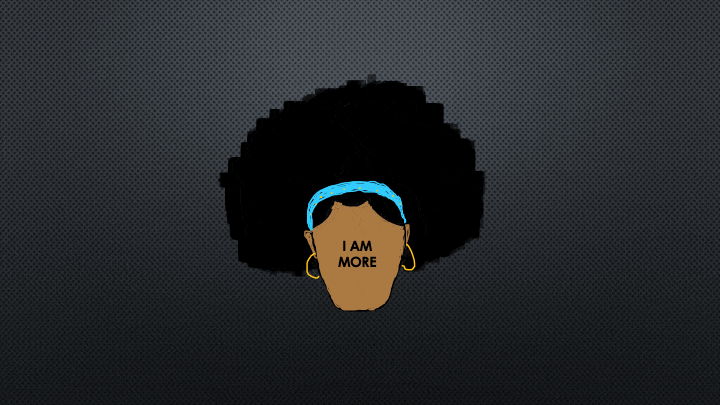Black girls in the Pittsburgh Public School system are struggling everyday to avoid being internally discriminated against by their schools. Black girls, who are in middle school through high school are sinking and becoming the typical black girl stereotype. A study was conducted by Sara Goodkind, an Associate Professor at the University of Pittsburgh. She developed extensive research on this topic due to the rising concerns of the barriers that black girls in Pittsburgh are up against.
One barrier that black girl’s face according to Ms. Goodkind’s research is that black girls are three times as likely as white girls to get suspended from school. Most of the time this disciplinary action happens due to stereotypical biases from the educators or authoritative figures. Black girls are often labeled as insubordinate or disrespectful. They are usually disciplined for not following the rules or being disrespectful to an authoritative figure.
When a black girl gets into a fight or uses disruptive behavior, it is mostly due to them defending themselves from harassment or assault.
The significant problem that some schools are having is that they are failing to create an unbiased, safer learning space.
How can we solve this problem?
Black girls often relate to someone who is or tries to be culturally aware of their situation. They identify with someone who is willing to try to understand them.
I took the time to interview Dr. Tamara Woods who is a principal at one of the Pittsburgh Public Schools. Dr. Woods said, “Someone once quoted, ‘the black woman is the most unprotected of all human beings.’ From my experience, when black girls are in environments in which they feel safe to be themselves culturally, are supported, and have a sense of trust with educators, academic and personal growth are consistency demonstrated.”
Myself being a black girl growing up in Pittsburgh can relate to this because being in a classroom with an educator that tries to understand who you are, and what you may go through on a daily basis, helps tremendously. It may not be a person that can sympathize with you or has walked in your shoes before; however, it may be a person that can empathize with you and envision themselves in your shoes, which is an action that says a lot about an educator in a positive light.
This is a difficult topic that some may not feel comfortable discussing. However, for those educators and authoritative figures who would like to discuss this issue, how can we fix this problem to ensure that all children of all colors and of all genders are not being treated stereotypically biased by us? Please feel free to share your insight, so that we may discuss and solve this issue.

